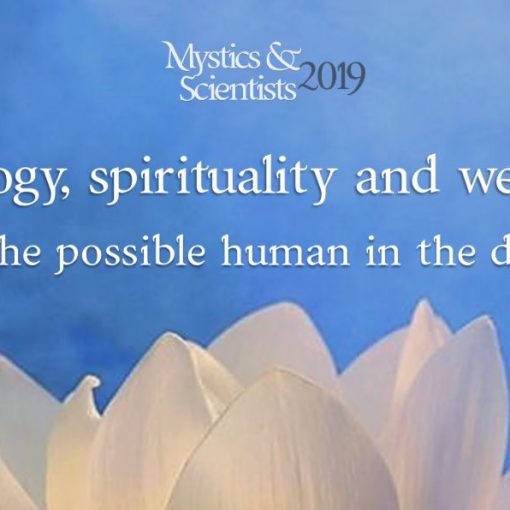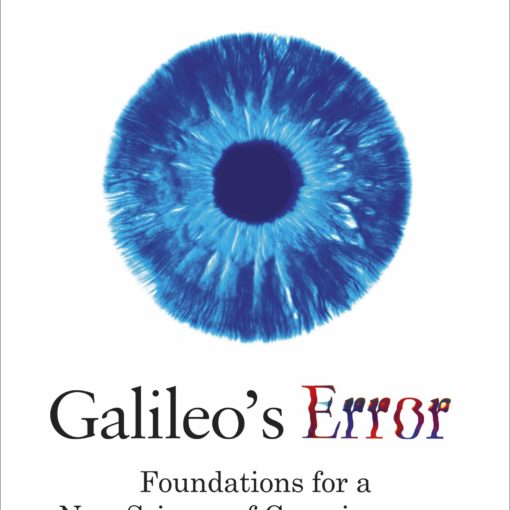Increasing evidence is emerging that the brain is largely shaped by our social experiences through neuroplasticity, Social experience may have more powerful effects on gene expression through epigenetics than classical heredity. The audience effect means that gene expression is more powerful when we are in the company of others than when we are alone. This research is converging with indigenous knowledge that healing occurs within the context of community and that our social relationships make us who we are. I will speak about the neuroscience, the indigenous knowledge, their convergence, and our research findings in relation to this, including the impact of healing circles/talking circles on symptom relief and quality of life in primary care, the power of group healing and peer counseling/support for people who have psychosis, and the role of group self-medical care on improving health for people with diabetes, asthma, and pregnant women with drug and alcohol problems. In all these contexts, the power of group and community for healing is demonstrated. We conclude with the implications for the future of medicine and psychology.
Dr. Lewis Mehl-Madrona is a general practitioner, geriatrician, psychiatrist, and neuropsychologist, who is currently the Executive Director of Coyote Institute, in Augusta, Maine, USA — an organization whose purpose is to bring the wisdom of indigenous cultures into contemporary medical practice. He studied medicine at Stanford University in California and completed his post-graduate training at the University of Vermont. He is the author of several books, including Narrative Medicine, Healing the Mind through the Power of Story, Coyote Medicine, Coyote Healing, Coyote Wisdom, and, with Barbara Mainguy, the forthcoming, Story Business: the practice of narrative healing.



